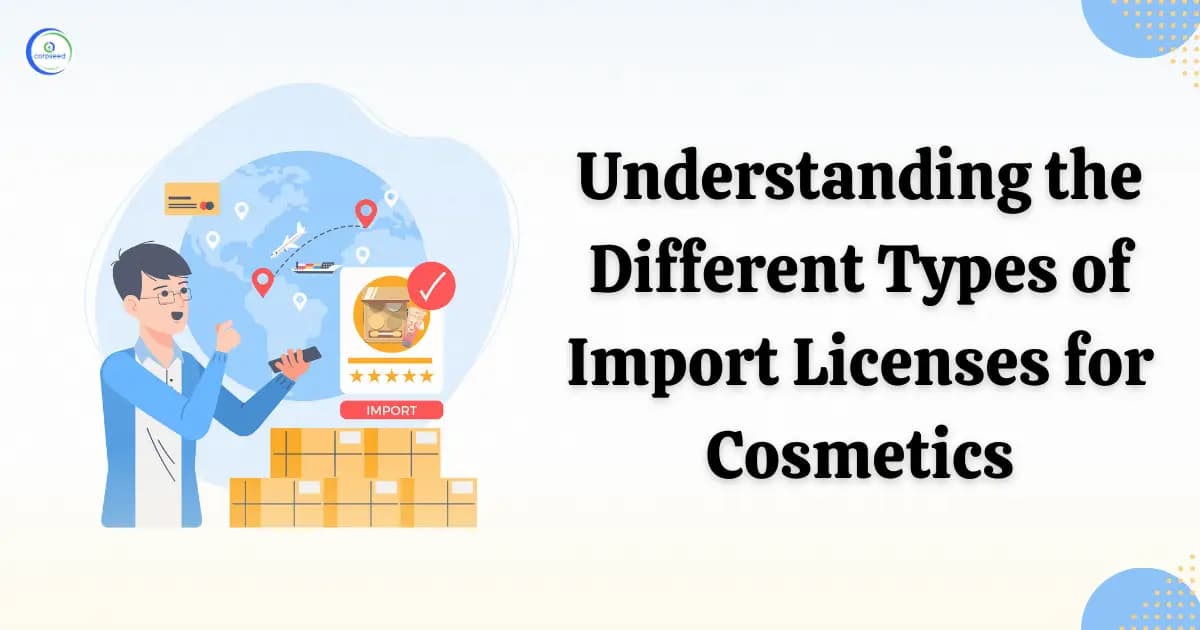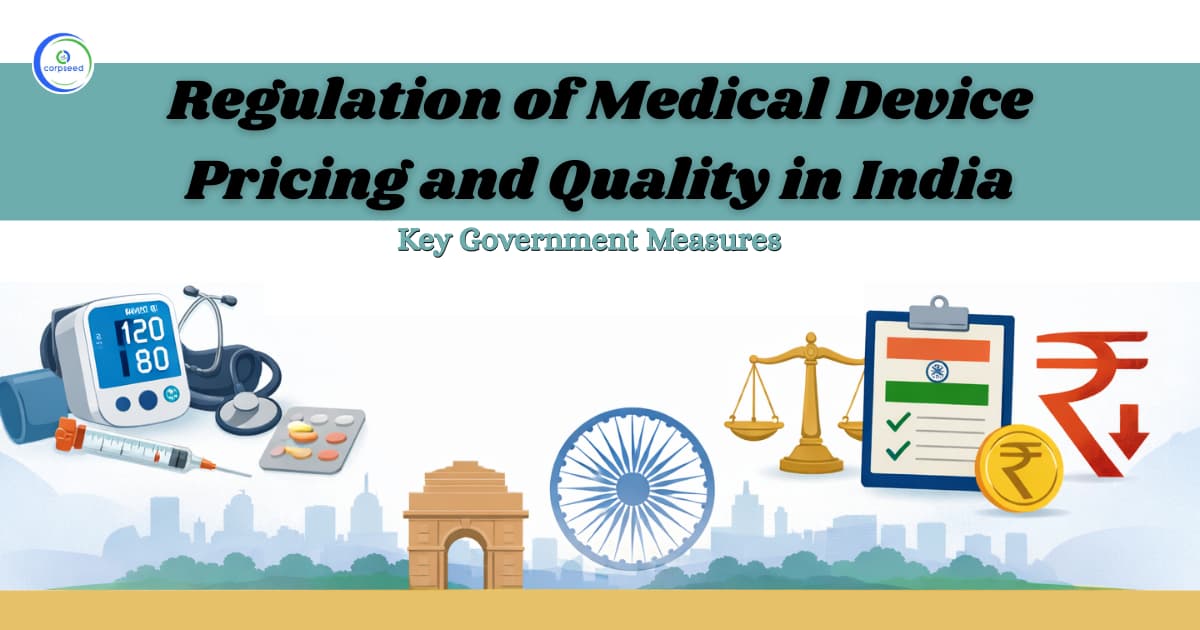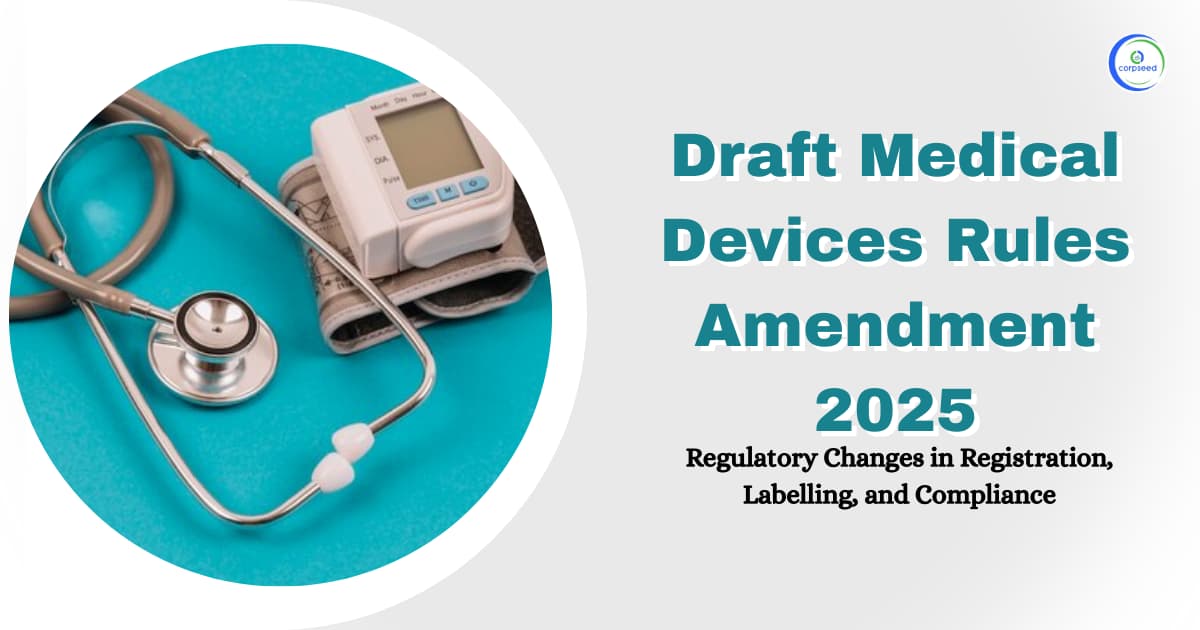
Loading...

Import licenses act as a regulatory barrier to confirm that cosmetics imported into India fulfill national health and safety principles.
About the Author

Parul Bohral, a BALLB graduate and experienced legal researcher and content writer with expertise in various legal areas, including corporate law and intellectual property. I have gained valuable experience in esteemed legal environments, where I have strengthened my research skills, allowing me to approach legal writing with precision and depth.
As a legal content writer, I am committed to delivering work that not only informs but also engages readers. By staying informed about the latest trends in content marketing and regulatory developments, I ensure that my writing remains sophisticated and meets industry standards. My dedication to thorough research enables me to craft content that is both insightful and impactful.
Related articles

CDSCO Releases New Guidelines for Compounding of Offences Under the Drugs and Cosmetics Act
2026-02-26

Regulation of Medical Device Pricing and Quality in India: Key Government Measures
2026-02-20

CDSCO Releases Risk Classification List for Oncology Medical Devices
2026-02-12

Government Notifies CGHS Drug Procurement Policy 2026
2026-01-24

Draft Medical Devices Rules Amendment 2025: Regulatory Changes in Registration, Labelling, and Compliance
2025-12-15

How to Get a Retail Drug License for Your Pharmacy
2025-12-08
Delhi Legal Metrology (Enforcement) Amendment Rules, 2026
2026-02-24 • 0 views
2023-02-27
2026-02-25